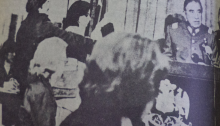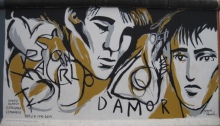Who benefits from ‘coding for all’?
As a former music teacher and arts advocate, No Child Left Behind and the accompanying push for ‘back to basics’ education in the early 2000s felt like a direct attack on music education in US public schools. Recently, ‘STEM education’, ‘coding for all’ and ’21st century skills’ are being popularized as a way to expand…







